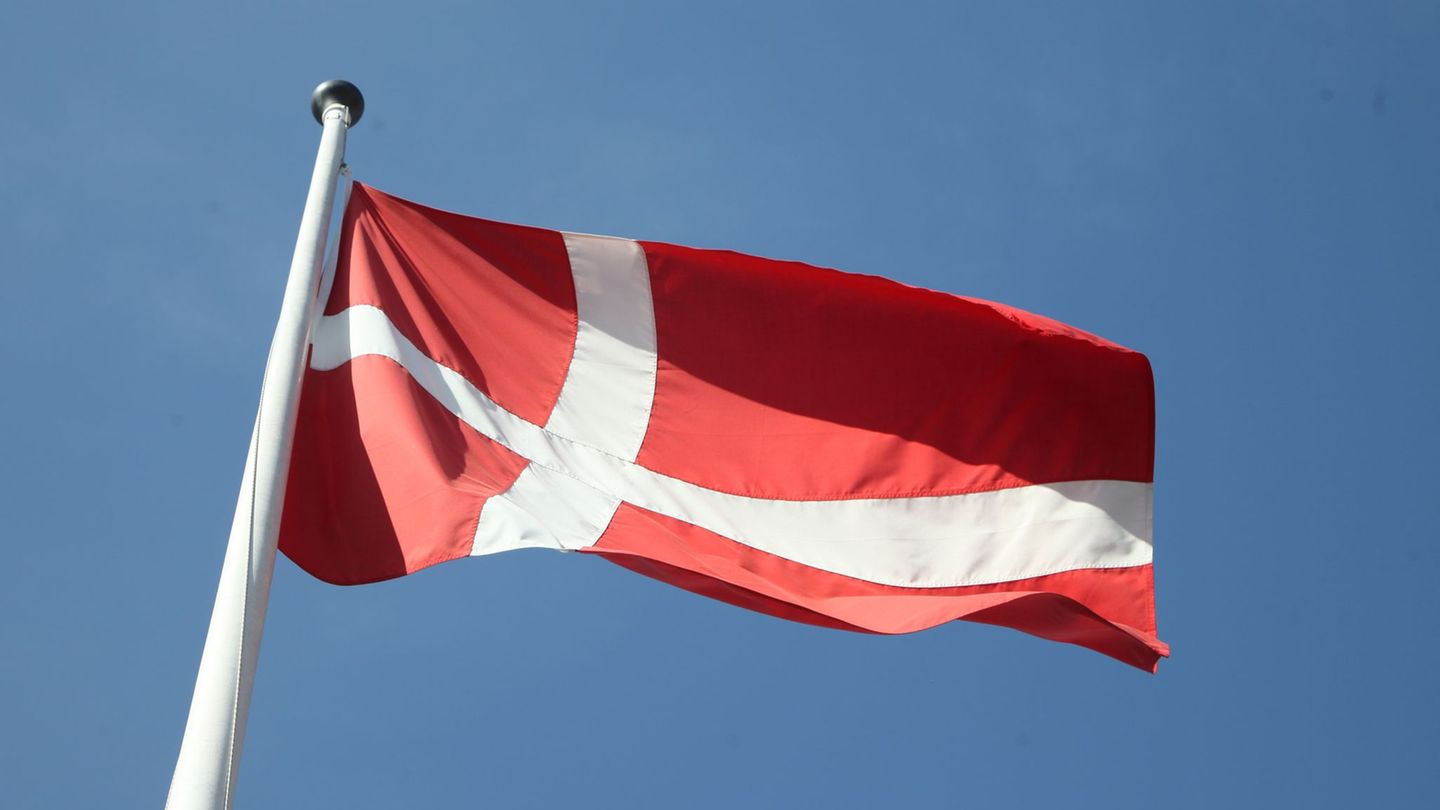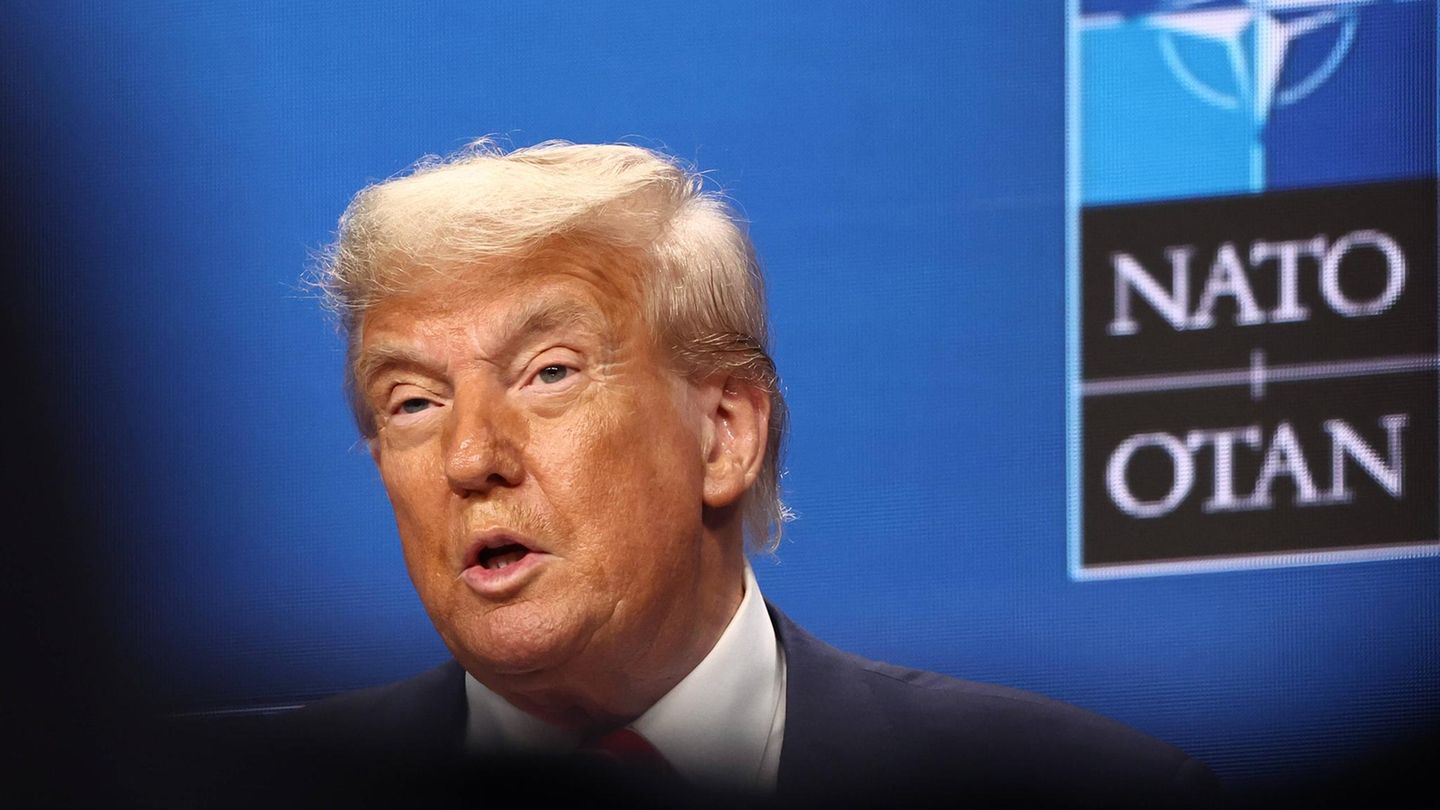Formation
Union and the SPD take up big hurdles – but also no longer
Copy the current link
Add to the memorial list
Finance, migration, citizen benefit: Union and SPD are now in agreement on some central issues. But many have not yet treated them. The way to the coalition is still long and stony.
Union and the SPD took the first major hurdle on the way to a common government with their agreement in the exploratory talks. The important financial issues have been resolved, the migration course is demolished and the reform of the civil allowance decided. This means that there is a basis for coalition negotiations that are to be decided by the top bodies of the CDU, CSU and SPD today or tomorrow. But there are still many stumbling blocks before CDU boss Friedrich Merz can be sworn in as chancellor and his ministers.
Green can get the start of black and red
It starts with the finances. In the central financial issues, the negotiators had already achieved a breakthrough on Tuesday with the relaxation of the debt brake and a gigantic special fund for infrastructure. The Union came up very far from the SPD and even threw campaign promises over the pile.
But there are also the Greens, which are used for the necessary change of Basic Law by the old Bundestag by March 25. If they cannot be convinced, the basis for the coalition negotiations is over before they have started properly. Because in the new Bundestag they need a two-thirds majority AfD (cooperation excluded) or left (cooperation extremely difficult).
The Greens accuse the Union and SPD of wanting to finance their election promises through the new funds instead of using the money for actual improvements. “This is poison for our country,” said party leader Franzisika Brantner on Saturday. Co-party leader Felix Banaszak emphasized: “We are further away from approval today than in the past few days.”
Fallstrick at migration: the neighboring countries
The second major basic cleaning – when it comes to migration – also includes a pitfall. The Union has received its will that asylum seekers should also be rejected at the borders. However, it still has to prove whether this will take care of the turnaround in asylum policy. Because the rejections for which more police officers should control at the borders are planned “in coordination with the European neighbors”. And how they react to this is open.
And then there are a number of other difficult questions that have so far not been discussed or only to be discussed at all. Some examples:
According to the exploratory paper, the Union and SPD “also want to make savings as part of budget consultations”. Which areas that could affect will ensure violent controversy. Also open: whether taxes are increased after the huge debt package. The CDU had promised in the election campaign to undo it. This also depends on the funding for the installation of heat pumps. All of this is not an issue in the exploratory paper. Both sides have agreed to secure the level, but not at what amount. Open questions are: Are there short -term arms deliveries for three billion euros in Ukraine? Is the no to deliver Taurus marching aircraft? What about conscription? And how is Germany a European nuclear protective shield and a European peace force for Ukraine? The internal security and powers of the police and the protection of the constitution are also not in the earnings paper. The CDU had promised in the election program to at least check that. This does not appear in the exploratory paper. How it could be changed should still be clarified. DeutschlandTicket: Advising about “the continued existence” beyond the end of the year. This is primarily aimed at further financing with state grants, but how exactly?
So it remains exciting. A positive sign of the further negotiations is that the exploratory rounds went on stage quite silently. There were spring pictures of good -humored probes in the sunshine on balconies – as a contrast program for the dark days of the traffic light rang last autumn.
Union faction leader Merz spoke of a “good and very collegial atmosphere”. SPD boss Lars Klingbeil also called the conversations “constructively”. And even CSU boss Markus Söder said: “Bits Scho” (fits already).
The top bodies from CSU and SPD want to advise the exploratory results on Sunday, the CDU on Monday. Then we can start with the coalition negotiations. Merz is aiming for a degree until Easter. The SPD has not yet expressed itself specifically.
dpa
Source: Stern
I have been working in the news industry for over 6 years, first as a reporter and now as an editor. I have covered politics extensively, and my work has appeared in major newspapers and online news outlets around the world. In addition to my writing, I also contribute regularly to 24 Hours World.




